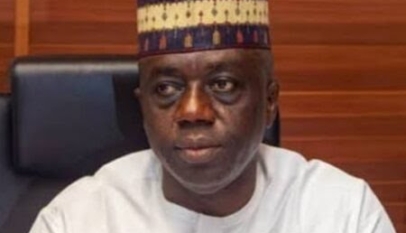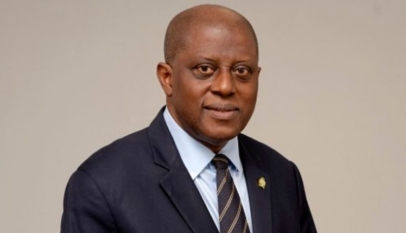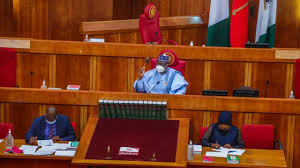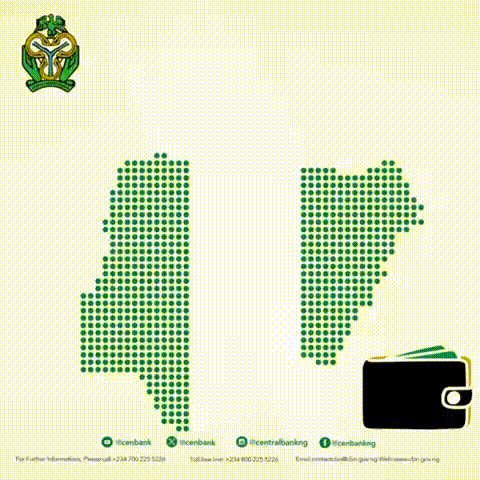
Nigeria Loses $4m World Bank Loan Over Failed FIRS, Customs Audit
Nigeria is set to lose $4 million fro a World Bank-backed loan after failing to meet critical audit standards tied to reforms in the Federal Inland Revenue Service (FIRS) and the Nigeria Customs Service.
The forfeited sum was part of the $103 million Fiscal Governance and Institutions Project, designed to improve transparency and accountability in public financial management. According to a June 2025 World Bank update, the country did not meet global audit standards in reviewing FIRS and Customs operations for 2018–2021—a key requirement for disbursing the funds.
The audit, to be conducted by the Office of the Auditor-General of the Federation, was rejected by the World Bank’s Independent Verification Agent for non-compliance with international benchmarks.
This lapse was one of 10 unmet performance-based conditions (PBCs) required for full loan access. In response, the Ministry of Finance has requested the cancellation of $10.4 million in unearned and unused project funds, broken down as follows: $4 million for the failed audit, $4.5 million for an incomplete Revenue Assurance and Billing System, $1 million for an undelivered National Budget Portal and $0.9 million in uncommitted technical assistance.
This marks the second reduction in the loan value. A 2024 restructuring had already trimmed the original $125 million facility to $103 million. With the latest cancellation, total disbursed funds are expected to settle at $92.6 million, with a final projection of $96.04 million—93% of the revised total.
Despite these setbacks, the World Bank noted significant progress in certain areas:
Non-oil revenue collection hit 153% of the 2024 budget target, up from 64.9% in 2018.
The TaxProMax system and revenue automation reforms contributed to better tax administration.
A Beneficial Ownership Register was launched, now covering 40% of registered businesses.
A National Asset Registry was published.
Fiscal data transparency exceeded expectations, with 10 public releases against a target of six.
However, capital expenditure implementation lagged, achieving just 50% of the set goal, and overall project monitoring was rated “moderately unsatisfactory.”
The World Bank-supported initiative, approved in 2018 and launched in 2019, was aimed at strengthening Nigeria’s fiscal institutions, improving revenue mobilization, and building trust in public finance systems.





